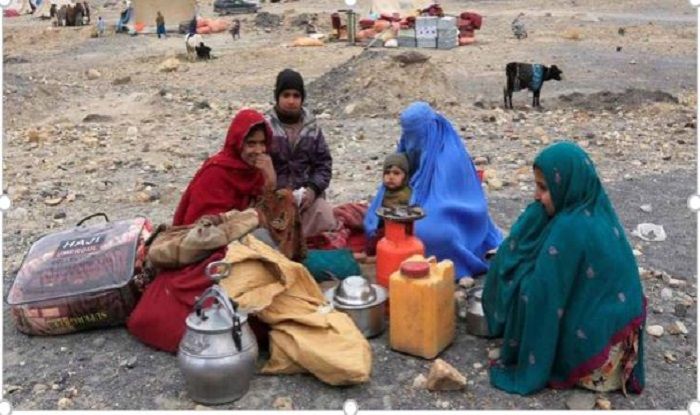Afghan migrants forcibly deported from Pakistan and Iran have raised concerns over mistreatment by authorities, prompting calls for international intervention to address their plight.
According to TOLOnews, Afghan returnees from Iran reported instances of physical abuse by Iranian government forces. Basir, a recent deportee along with his three children, recounted his experience of resistance leading to beatings by Iranian authorities. “Now, I don’t know if my ribs are broken or what has happened to me, I can’t even lift two kilograms,” Basir expressed.
Similarly, Salahuddin, another deportee from Iran, highlighted the hardships faced by Afghan migrants in the pursuit of livelihood opportunities in Iran, stating, “We went to Iran out of necessity to provide for our children, and they made it very hard for us.”
Meanwhile, Afghan migrants in Pakistan, like Reza Sazesh, voiced concerns over the increasing challenges they face in the country. Sazesh lamented the deportation of Afghan migrants, even those with valid documents, from Quetta and Islamabad.
In response, the Taliban’s consul in Karachi urged Pakistani authorities to extend the deadline for Afghan migrants to return. The Taliban’s Ministry of Refugees and Repatriation reported approximately 2,800 Afghan migrants returning from Iran on May 1, both voluntarily and forcibly.
The United Nations High Commissioner for Refugees (UNHCR) has highlighted the dire human rights situation in Afghanistan, emphasizing the urgent need for humanitarian aid. With an estimated 7.7 million Afghan citizens in Iran and Pakistan, approximately 1.6 million have been deported to Afghanistan since 2021.
Amidst these developments, Amnesty International and other human rights organizations have expressed concern over the continued expulsion of Afghan migrants from Pakistan, calling for an immediate halt to the process.
As the situation unfolds, the plight of Afghan migrants underscores the challenges faced by vulnerable populations in navigating regional migration dynamics and accessing basic human rights.




